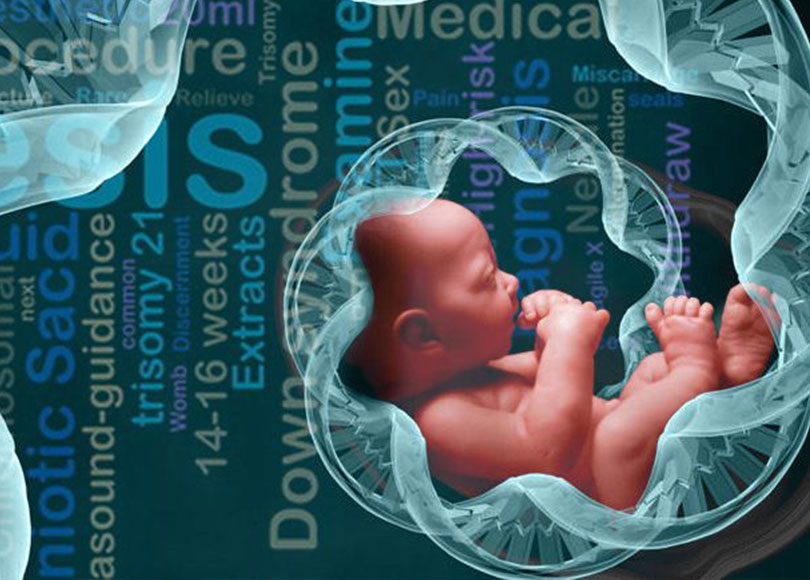First-Trimester Contingent Screening for Trisomies 21, 18 and 13 by Biomarkers and Maternal Blood Cell-Free DNA Testing

Abstract
Objective: To examine the potential performance of screening for trisomies by cell-free (cf) DNA testing in maternal blood contingent on results of first-line testing by combinations of fetal translucency thickness (NT), fetal heart rate (FHR), ductus venosus pulsatility index (DV PIV), and serum-free β-human chorionic gonadotropin (β-hCG), pregnancy-associated plasma protein-A (PAPP-A), placental growth factor (PLGF) and α-fetoprotein (AFP).
Methods:
Performance was estimated for firstly, screening by cfDNA in all pregnancies and secondly, cfDNA testing contingent on results of first-line testing by combinations of ultrasound and biochemical markers. Results: In first-line screening by cfDNA testing, the detection rate for trisomy 21 and trisomies 18 or 13 would be 99 and 96%, respectively, after invasive testing in 1% of the population. In contingent screening, a detection rate of 98% for trisomy 21 and 96% for trisomy 18 or 13, at an invasive testing rate of 0.7%, can be achieved by carrying out cfDNA testing in about 35, 20, and 11% of cases identified by first-line screening with the combined test alone (age, NT, FHR, β-hCG, PAPP-A), the combined test plus PLGF and AFP and the combined test plus PLGF, AFP and DV PIV, respectively.
Conclusions:
Effective first-trimester screening for trisomies can be achieved by contingent screening incorporating biomarkers and cfDNA testing.






